Experts say that businesses are facing new opportunities as the Government has expanded incentives on capital, technology, human resources and markets, creating a strategic boost for Vietnam's supporting industry to accelerate in the coming time. In addition, local authorities are also making efforts to join the business community.

Support Vietnamese suppliers to participate in the supply chain
Recently, in order to promote the development of domestic supporting industries, the Government has issued many policies, including the Supporting Industry Development Program from 2016 to 2025. Accordingly, in the period of 2021-2025, the focus will be on connecting and supporting supporting industry enterprises to become product suppliers for domestic and foreign customers, while promoting foreign investment in the supporting industry sector.
The scope of support includes the following activities: Surveying, assessing needs, developing standards and regulations on quality control for supporting industrial products; organizing assessment and confirmation of the capacity of supporting industrial enterprises; consulting and providing technical support to supporting industrial enterprises; selecting and recognizing enterprises with qualifications and scale meeting international requirements; organizing forums between Vietnamese supporting industrial enterprises and domestic and foreign enterprises; promoting foreign markets, participating in production chains, etc.
As one of the 5 enterprises receiving support from Toyota Vietnam in the program to support domestic enterprises in the field of automobile support industry in 2024, Vice Chairman of the Board of Directors, General Director of Vietnam Engineering and Industry Joint Stock Company (Intech) Hoang Huu Yen said that Intech has received consulting support from Toyota experts to rearrange the entire production workshop; support on the 5S model (screening; arranging; cleaning; caring; readiness) to ensure that goods are easy to identify, easy to see, easy to do; reduce wasteful operations by improving productivity for businesses as well as reducing redundant operations in production; build a production plan to carry out production according to the pull principle, the following department will pull the previous department, thereby increasing productivity and reducing waiting lines.
Present in Vietnam since 1995 and assembling the first car in August 1996, Toyota is one of the leading enterprises in localization activities. Currently, the list of Toyota suppliers is up to 60, including 13 purely Vietnamese suppliers with a total of over 1,000 localized products of all kinds.
To ensure the source of raw materials for the production and assembly of automobiles and motorbikes, Honda Vietnam Company has cooperated with 140 suppliers of spare parts and components, of which 100% of plastic and rubber components; 90% of metal components; 80% of electronic components are supplied from domestic manufacturing companies and about 20% of electronic components are purchased through trading companies.
Supporting industry
In recent times, although the policies for developing supporting industries have been quite diverse, according to economic experts, the implementation of preferential policies for supporting industries in practice still has many limitations.
Some conditions for enjoying incentives in the regulations are quite strict and not really suitable, making it difficult for businesses to access and meet the requirements to enjoy the policy. In addition, a limitation in Vietnam's policy to attract foreign direct investment is that there is no binding, nor is there any encouragement for foreign businesses to increase the spillover effect to domestic businesses.
According to Nguyen Van, Permanent Vice President of the Hanoi Supporting Industry Business Association (HANSIBA), the Vietnamese business community in general, and supporting industry enterprises in particular, need to make efforts to improve their capacity, invest in technology, production lines, and move towards lean management. However, support from accompanying mechanisms and policies is also needed for businesses to have an open business environment. At the same time, timely and transparent information is needed for businesses to take advantage of export opportunities as well as to exploit the potential domestic market share to the fullest. In addition to administrative procedures, fees and charges; compliance costs are large but sometimes not recognized, along with opportunity costs and unofficial costs for businesses. Therefore, institutional reform is not only about cutting administrative procedures but also cutting compliance costs.
2025 is identified as an important time for the integration and transformation process of Vietnam's manufacturing industry, which is simultaneously affected by the restructuring of global supply chains, green transformation, digitalization of production and new-generation free trade agreements. Without a breakthrough in localization, Vietnam will hardly be able to grasp these valuable development opportunities.
In order to enhance the competitiveness of Vietnamese enterprises, the Government issued Decree No. 205/2025/ND-CP, effective from September 1, 2025, to expand preferential policies for supporting industries. This is considered an important adjustment after nearly a decade, creating a breakthrough in preferential policies for supporting industries, unlocking resources for domestic enterprises to participate more deeply in the global supply chain.
In Hanoi, the city has issued the Supporting Industry Development Program and the Project on Developing Key Industrial Products by 2025; focusing on connecting businesses with research institutes and universities to put scientific results into production, while calling for investment in high-tech production in industrial clusters.
Source: https://hanoimoi.vn/nang-cao-nang-luc-doanh-nghiep-cong-nghiep-ho-tro-713766.html








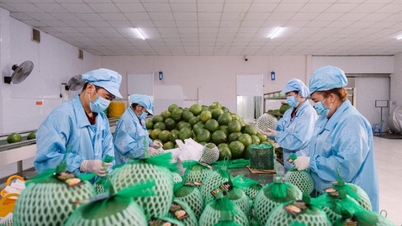

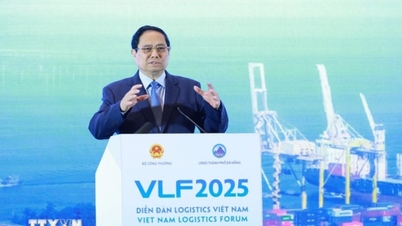

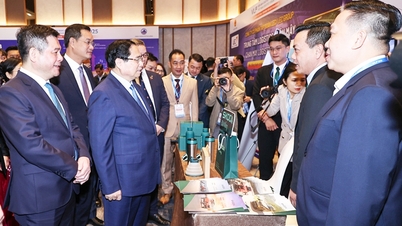

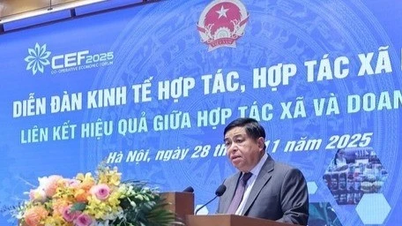

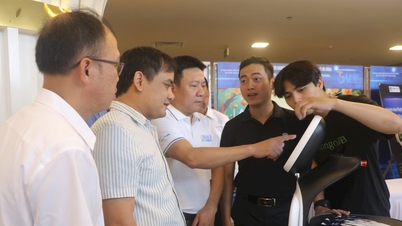

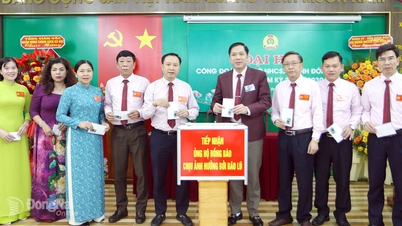




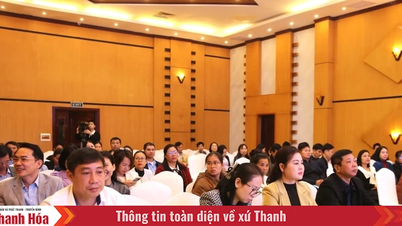

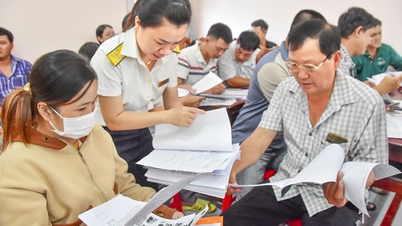



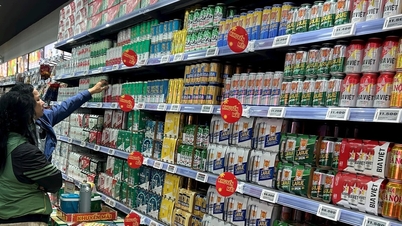







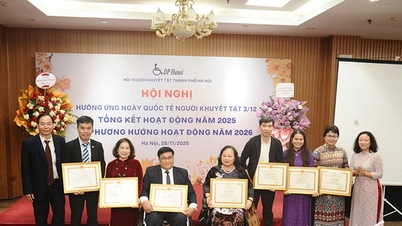

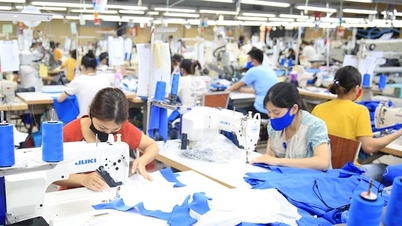

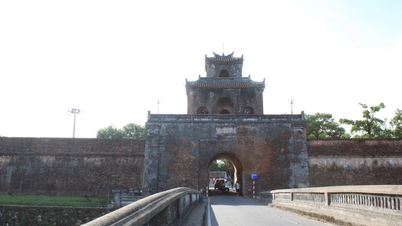




















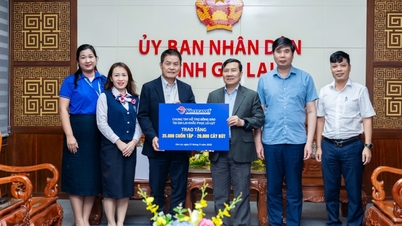

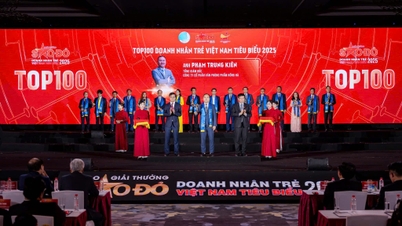










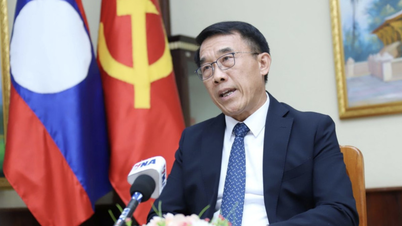






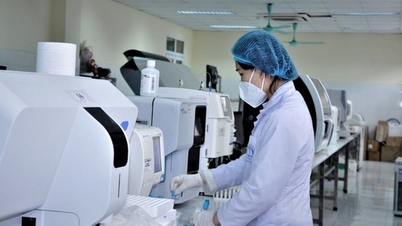

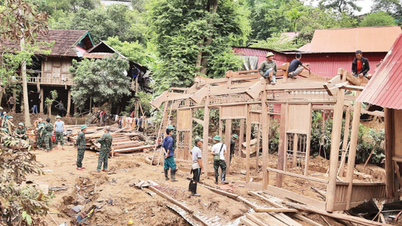

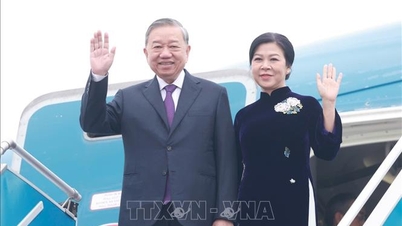



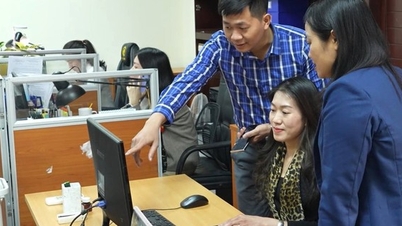

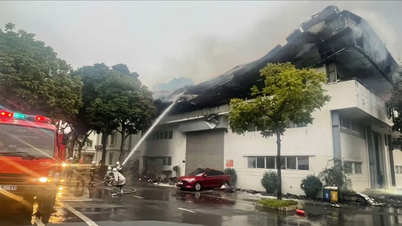




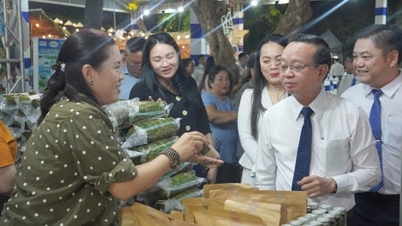










Comment (0)